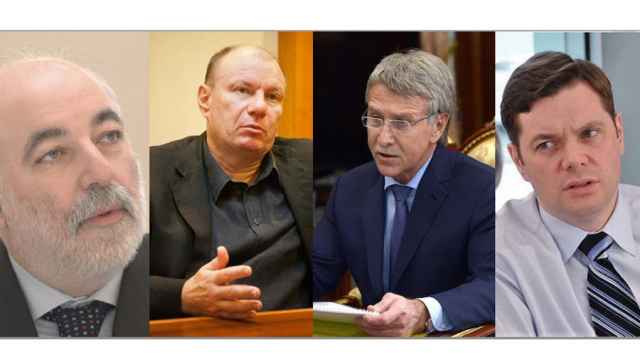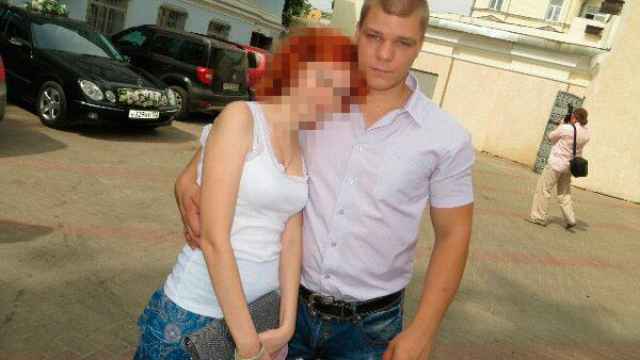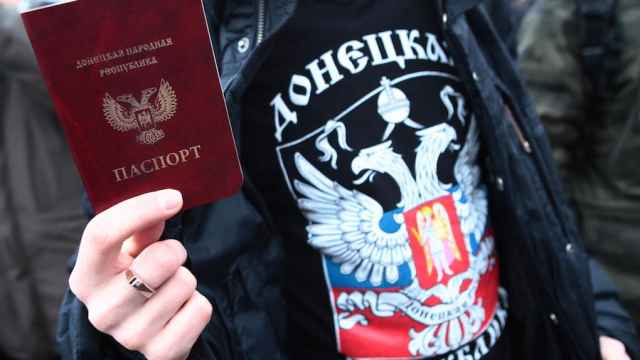President Vladimir Putin has pardoned a Russian woman convicted of high treason in 2015 for sending two text messages to a friend living in Georgia.
Oksana Sevastidi sent messages concerning military equipment she had seen close to the Russian city of Sochi in April 2008.
Unbeknownst to Sevastidi, the equipment had been part of a build-up of troops at the Russian border in the run-up to the 2008 Abkhazia-Georgian War, which broke out just three months later.
Russian security agents arrested Sevastidi in January 2015, claiming that the friend to whom she had sent the messages had been a Georgian spy. She was eventually sentenced to seven years’ imprisonment.
Putin’s pardon, which comes into force on March 12, 2017, says that it was signed on “the principles of humanity.”
Sevastidi's lawyer, Yevgeny Smirnov, told the Interfax news agency that his client could not remember appealing to Putin for a pardon.
“Perhaps she was given a document to sign,” Smirnov said. “At the same time, the president has the power to independently give clemency to anyone," he said.
A Message from The Moscow Times:
Dear readers,
We are facing unprecedented challenges. Russia's Prosecutor General's Office has designated The Moscow Times as an "undesirable" organization, criminalizing our work and putting our staff at risk of prosecution. This follows our earlier unjust labeling as a "foreign agent."
These actions are direct attempts to silence independent journalism in Russia. The authorities claim our work "discredits the decisions of the Russian leadership." We see things differently: we strive to provide accurate, unbiased reporting on Russia.
We, the journalists of The Moscow Times, refuse to be silenced. But to continue our work, we need your help.
Your support, no matter how small, makes a world of difference. If you can, please support us monthly starting from just $2. It's quick to set up, and every contribution makes a significant impact.
By supporting The Moscow Times, you're defending open, independent journalism in the face of repression. Thank you for standing with us.
Remind me later.






